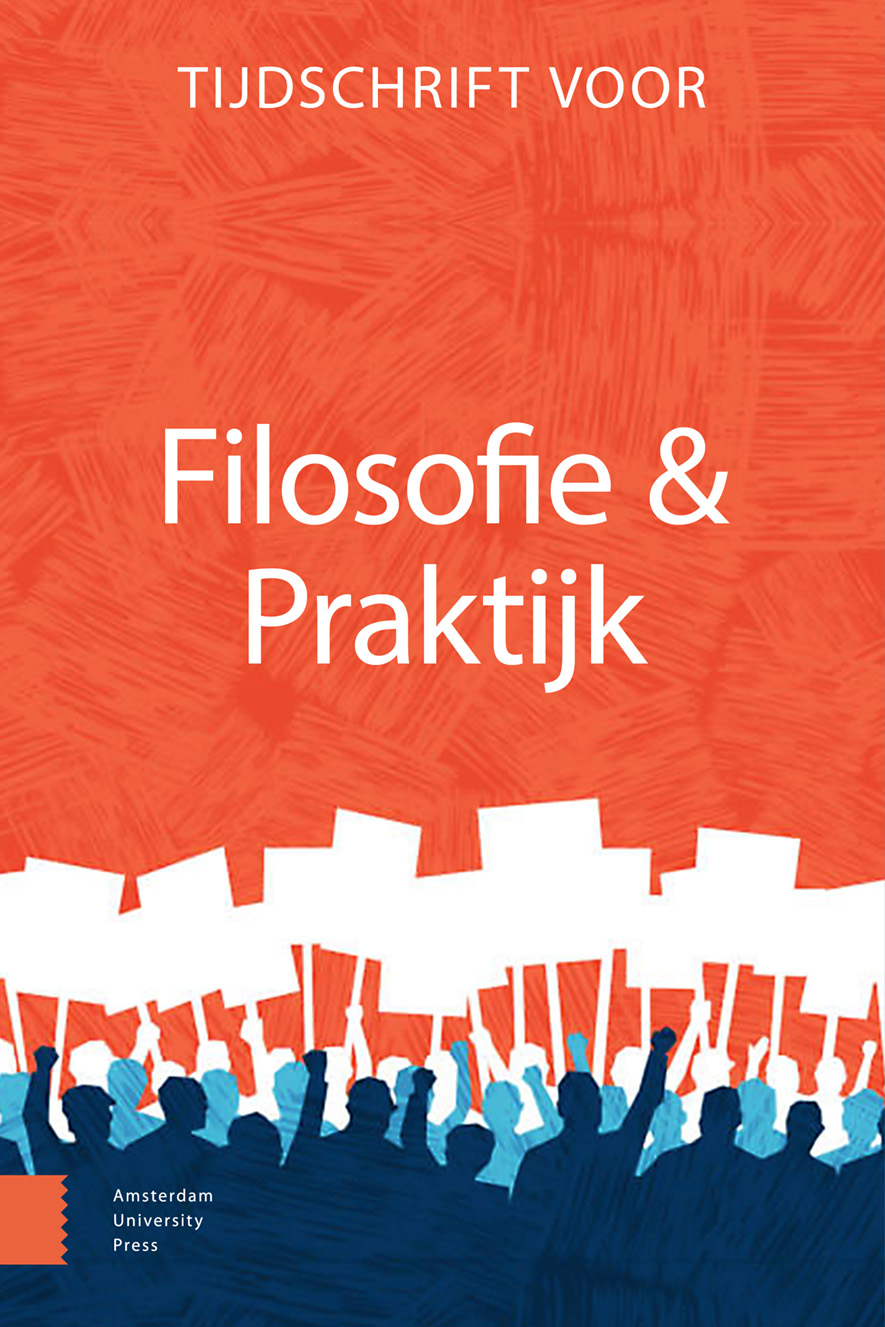
Full text loading...
The complexity of the principles of democratic socialism is even increasing when we want to sketch the outlines of its institutional proposals. We have to avoid rigid institutional blueprints and the risk of too little institutional concreteness, vagueness and ambiguities. We have to discuss institutional arrangements in relation to specific ensembles of economic relations. My presentation follows the logic of units (governance inside work organisations), sectors or ‘functional regulation’ (governance of industry/services, commerce, finance and of specific issues by non-state networks, associations and organizations) and territorial-political regulation on all levels. I conclude that the complexity of democratizing economy, society and polities on all levels and realizing ‘democratic socialism’ has been dramatically increased by recent poly-crises. Still associative democracy (AD) is not a completely crazy utopia and my hope is that this outline can serve to develop context-specific politics by a huge variety of actors, particularly also younger generations, even in our times.

Article metrics loading...

Full text loading...
References


